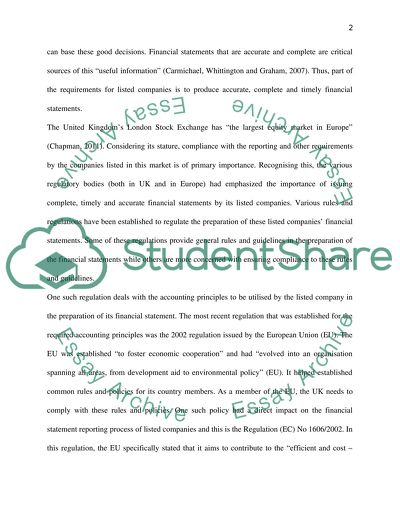Cite this document
(“Explain why Listed Companies Produce Financial Statements for Coursework”, n.d.)
Explain why Listed Companies Produce Financial Statements for Coursework. Retrieved from https://studentshare.org/finance-accounting/1439635-accounting-for-business-coursework
Explain why Listed Companies Produce Financial Statements for Coursework. Retrieved from https://studentshare.org/finance-accounting/1439635-accounting-for-business-coursework
(Explain Why Listed Companies Produce Financial Statements for Coursework)
Explain Why Listed Companies Produce Financial Statements for Coursework. https://studentshare.org/finance-accounting/1439635-accounting-for-business-coursework.
Explain Why Listed Companies Produce Financial Statements for Coursework. https://studentshare.org/finance-accounting/1439635-accounting-for-business-coursework.
“Explain Why Listed Companies Produce Financial Statements for Coursework”, n.d. https://studentshare.org/finance-accounting/1439635-accounting-for-business-coursework.


